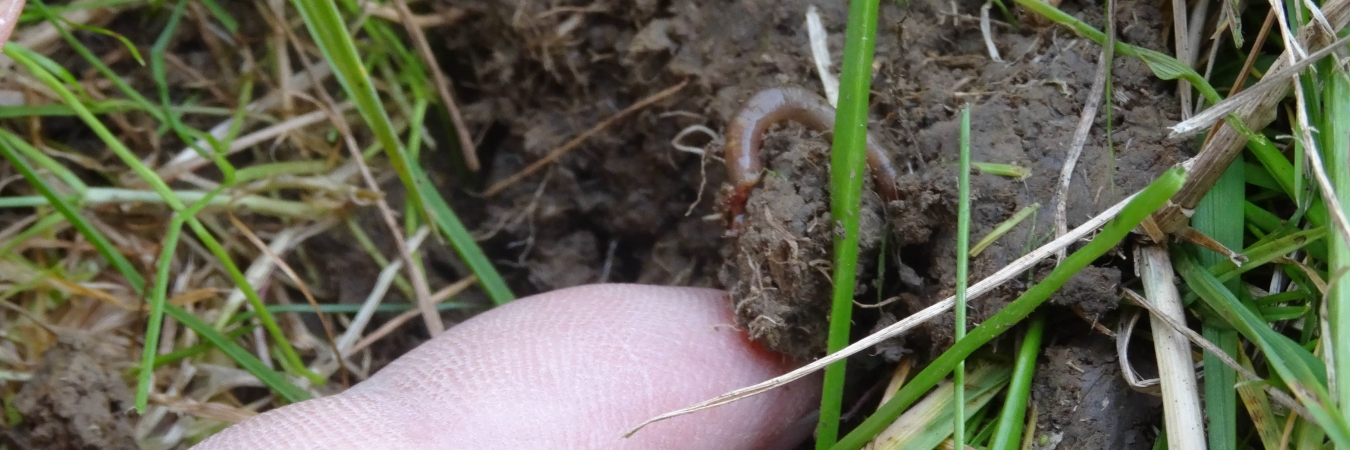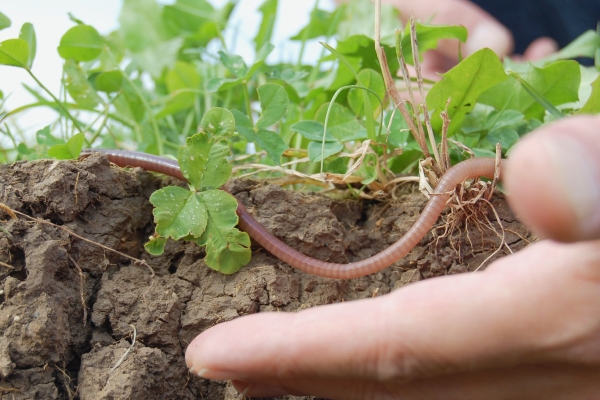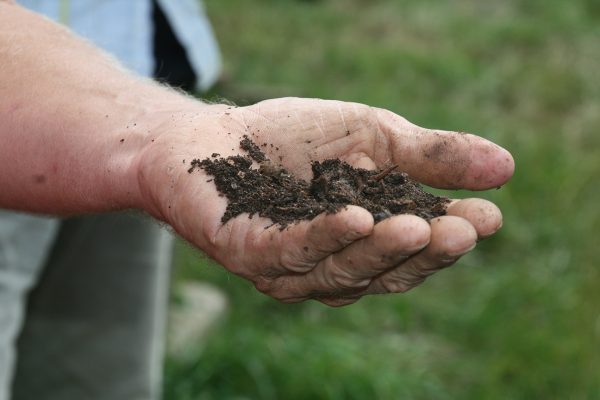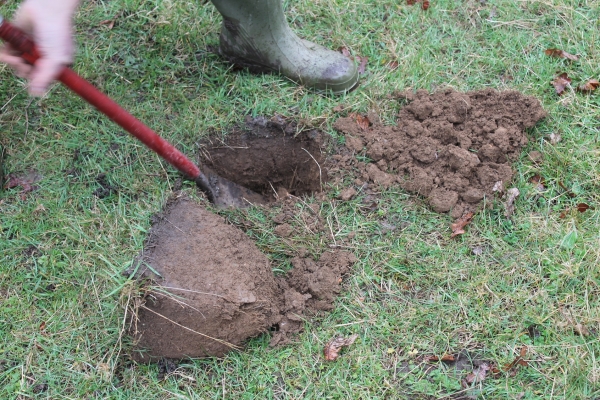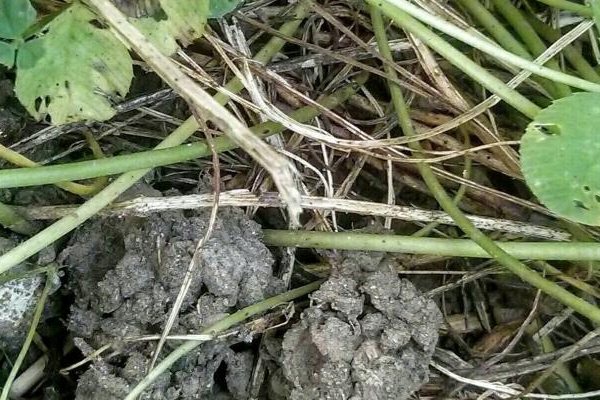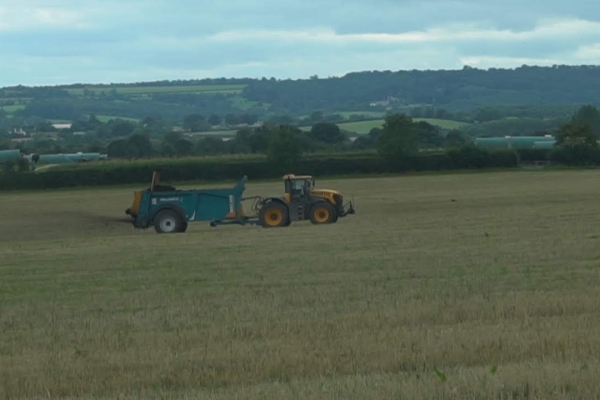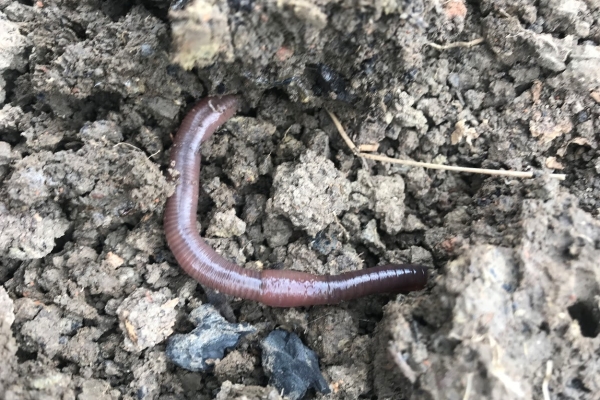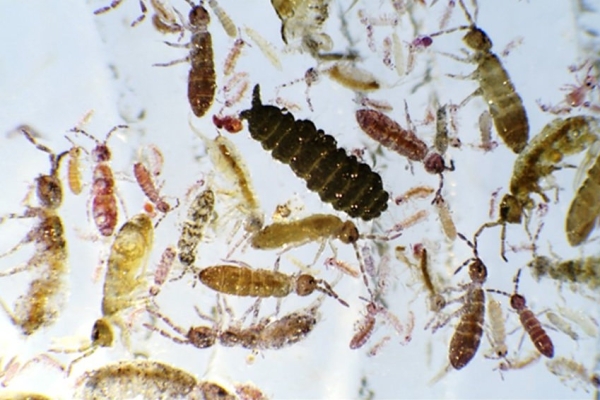Managing soil biota to deliver ecosystem services: Summary document
Natural England Commissioned Report NECR100
Resource explained
This is the summary of a report commissioned by Natural England that aimed to explore how farming practices and systems could enhance the diversity, abundance and function of soil biota and benefit agriculture and the wider environment.
The Executive Summary explains the role of soil organisms in delivering ecosystem services, the functions that are particularly important to agriculture, and wider societal benefits. It explains the nature of the research; literature review combined with farmer workshops, and key outcomes from both.
The Technical Summary comprises key points in relation to the project background; the reasons for it and the aims and objectives, and synopses of the key agricultural practices and systems identified as having potential to enhance soil biota. These are mainly summarised under headings of direct and indirect impacts on soil biota and wider implications. Results from the farmer workshops are summarised and the concluding section highlights key findings.
Findings & recommendations
- Soil organisms serve many functions; retaining nutrients, promoting crop growth and health, decomposing and recycling organic matter, maintaining soil structure, improving water retention and infiltration, maintaining below-and-above-ground biodiversity, disposing of organic waste, and breaking down pollutants.
- The project focused predominantly on lowland agricultural systems.
- The agricultural practices and systems identified as being most likely to enhance soil biota are divided into three groups; amount and quality of organic matter inputs, modified tillage practices and diversified cropping systems.
- Potential practices identified as helping improve soil biological function include using manures, compost and other organic inputs, returning crop residues, selecting crops for their residue characteristics or plant-microbe interactions, no-till, green manures, cover crops, mixed cropping and more diverse grass swards. The project also considered how integration of these practices into UK agriculture could be most effectively supported.
- The farmer workshops involved farmers who were trialling and developing management practices aimed at enhancing soil biota.
- Following the workshops, five case studies (which can be viewed in the full report) were developed showing examples of the most common system-oriented approaches used to enhance soil biota. They represented a range of farming systems, included organic and conventional producers.
